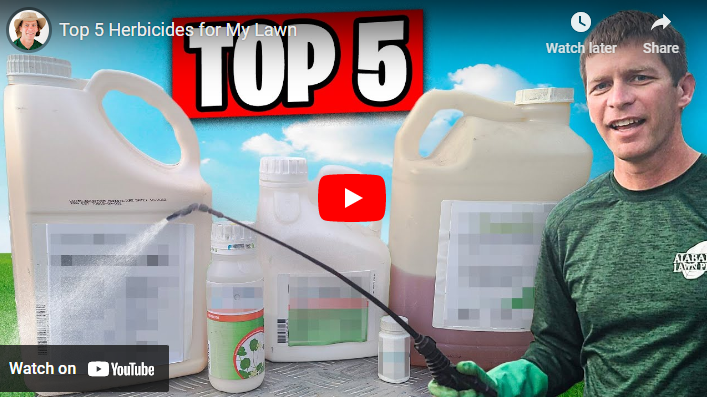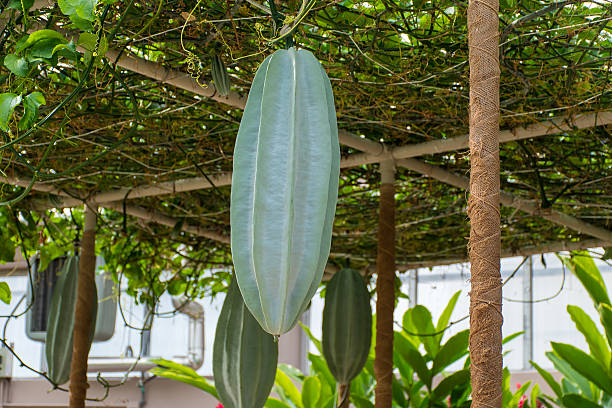Herbicides play a crucial role in maintaining a healthy and weed-free lawn. When it comes to choosing the right herbicide, it’s essential to consider factors such as safety, selectivity, mode of action, persistence, and environmental impact. In this article, we will explore the top 10 best herbicides for lawns, their features, and how to use them effectively.
Top 10 Best Herbicides for Lawns
1. BioAdvanced All-in-One Lawn Weed & Crabgrass Killer
2. Spectracide Weed Stop For Lawns Plus Crabgrass Killer
3. Ortho Weed B Gon Weed Killer For Lawns
4. Bayer Advanced Complete Insect Killer for Soil & Turf
5. Scotts Turf Builder Weed & Feed
6. Bonide Weed Beater Ultra
7. Roundup For Lawns Northern Formula
8. Green Light Wipe Out Crabgrass Killer
9. Hi-Yield Turf & Ornamental Weed & Grass Stopper
10. PBI/Gordon Greenlight Wipe Out Crabgrass Killer Plus Lawn Fertilizer
Using herbicides effectively is crucial to achieve the desired results while minimizing any potential harm. Here are some tips to ensure efficient herbicide application:
Read Also: Top 15 Best Herbicides for St Augustine Grass
Tips To Ensure Efficient Herbicide Application
Read and follow instructions:
Before using any herbicide, carefully read and understand the product label. Follow the recommended application rates, timing, and safety precautions.
Timing of application:
Apply herbicides when weeds are actively growing. This ensures maximum absorption and effectiveness. Consider weather conditions, such as temperature and humidity, for optimal results.
Read Also: Top Best Herbicides For Sugarcane
Application techniques:
Use the appropriate equipment for herbicide application, such as sprayers or spreaders. Ensure uniform coverage of the target area, avoiding overspray or excessive application.
Post-application care:
After applying herbicides, avoid watering or mowing the lawn immediately. Allow sufficient time for the herbicide to work effectively. Follow any post-application instructions provided by the product manufacturer.
Read Also: Top 10 Best Herbicides for Clover
While using herbicides, it’s important to take necessary precautions to protect yourself, others, and the environment:
Wear protective clothing: Use gloves, goggles, long sleeves, and pants to minimize contact with herbicides. This prevents skin irritation or accidental ingestion.
Avoiding drift: Be mindful of wind conditions during application to prevent herbicide drift onto desirable plants, water sources, or neighboring areas.
Read Also: Top 10 Best Herbicides for Japanese Knotweed
Storage and disposal: Store herbicides in their original containers, out of reach of children and pets. Follow local regulations for proper disposal of unused herbicides and containers.
Although herbicides are effective in controlling weeds, some individuals prefer alternative methods. Consider the following alternatives:
Organic herbicides:
Choose organic herbicides made from natural ingredients, which are safer for the environment and may be suitable for specific weed types.
Read Also: Top 10 Best Herbicides for Thistles
Manual weed control:
Hand-pulling weeds or using tools like weed pullers can be effective for small-scale weed removal.
Cultural practices:
Implement proper lawn care practices, such as regular mowing, watering, and fertilization, to promote healthy grass growth and prevent weed infestations.
Read Also: The Top 10 Best Herbicides for Poison Ivy
Are herbicides safe for pets and children?
Herbicides can be harmful if ingested or if there is direct contact. It’s important to follow the instructions provided by the manufacturer and keep pets and children away from treated areas until the herbicide has dried or settled.
Can herbicides be used on all types of lawns?
Different herbicides are formulated for specific types of grass. Read the product label carefully to ensure compatibility with your lawn type. Some herbicides may harm certain grass species.
Read Also: Top 10 Best Herbicides For Weed Control
How long does it take for herbicides to work?
The time it takes for herbicides to work varies depending on the type of herbicide and the weed species being targeted. Some herbicides provide visible results within a few days, while others may take a couple of weeks. Patience is key, and it’s important to follow the recommended application rates and timing for optimal results.
Read Also: Top 10 Best Herbicides for Wild Violets
Can herbicides be used near water sources?
It’s crucial to exercise caution when using herbicides near water sources. Some herbicides can be harmful to aquatic life. Check the product label for specific instructions regarding application near water bodies and follow local regulations to protect the environment.
Read Also: Top 10 Best Herbicides for Spurge
Are there any natural alternatives to chemical herbicides?
Yes, there are natural alternatives available. Organic herbicides made from natural ingredients can be effective in controlling weeds. Additionally, manual weed control by hand-pulling or using tools like weed pullers can be an eco-friendly option. Cultural practices, such as proper lawn care and maintenance, can also help prevent weed growth.
Read Also: Top 10 Best Herbicides for Creeping Charlie
Can I apply herbicides myself, or should I hire a professional?
You can apply herbicides yourself if you follow the instructions provided by the manufacturer and take necessary precautions. However, if you have a large lawn or are unsure about the correct application techniques, it may be beneficial to consult a professional for guidance.
Read Also: Top 10 Best Herbicides for Dandelions
How often should I apply herbicides to maintain a weed-free lawn?
The frequency of herbicide application depends on various factors, including the type of herbicide used, the weed species present, and the environmental conditions. Some herbicides provide long-lasting control, while others may require multiple applications. Refer to the product label for specific guidelines on reapplication intervals.
Can herbicides affect the health of my lawn?
When used correctly, herbicides should not significantly affect the health of your lawn. However, it’s important to follow the recommended application rates and avoid excessive use, as herbicides can potentially harm grass if not applied properly.
Are there any specific precautions I should take when using herbicides?
Besides wearing protective clothing and avoiding drift, it’s essential to keep children and pets away from treated areas until the herbicide has dried or settled. Additionally, be mindful of weather conditions during application to prevent herbicide runoff or leaching.
Can I mix different herbicides together for better weed control?
Mixing herbicides without proper knowledge can be dangerous and may result in ineffective or harmful combinations. It’s best to consult the product labels or seek advice from a knowledgeable professional before attempting to mix different herbicides.
Remember to always read and follow the instructions provided by the herbicide manufacturer for safe and effective use. Celebrate a vibrant and weed-free lawn with the right herbicides and proper application techniques.
Conclusion
In conclusion, selecting the right herbicide for your lawn is essential for maintaining a weed-free and healthy environment. The top 10 herbicides mentioned in this article offer effective control for a variety of weeds.
Remember to follow instructions, use appropriate application techniques, and take necessary precautions for safe and successful herbicide use. Consider alternative methods if you prefer organic or manual weed control. Celebrate a beautiful and thriving lawn with the right choice of herbicides.



